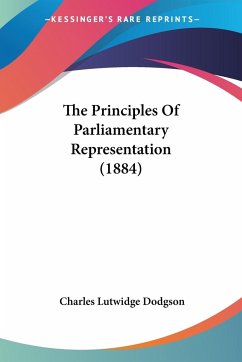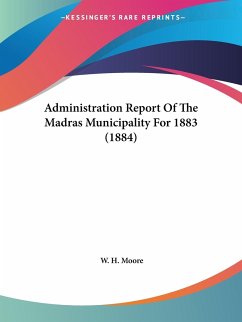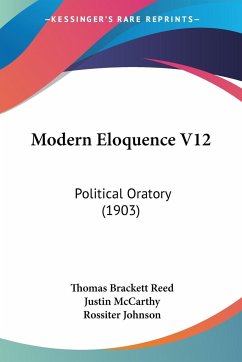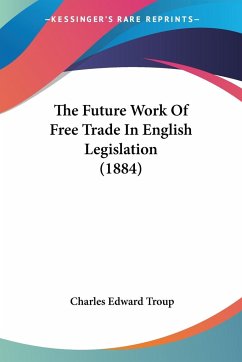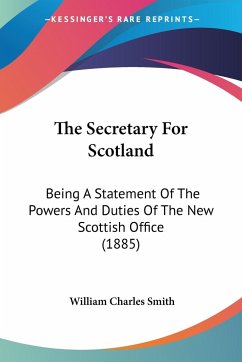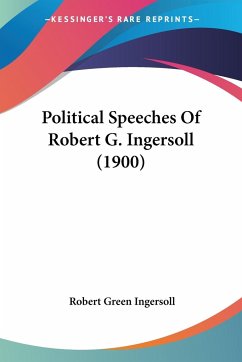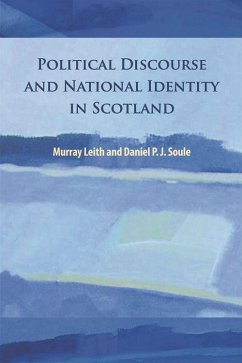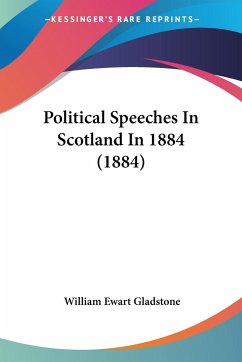
Political Speeches In Scotland In 1884 (1884)
Versandkostenfrei!
Versandfertig in 1-2 Wochen
22,99 €
inkl. MwSt.

PAYBACK Punkte
11 °P sammeln!
""Political Speeches in Scotland in 1884"" is a collection of speeches delivered by William Ewart Gladstone during his tour of Scotland in 1884. Gladstone was a prominent British statesman and served as Prime Minister of the United Kingdom four times. The speeches cover a range of political issues, including the Irish Question, land reform, and the role of Scotland in the United Kingdom. The book provides insight into Gladstone's political views and his approach to addressing the concerns of the Scottish people. It is a valuable resource for those interested in 19th century British politics an...
""Political Speeches in Scotland in 1884"" is a collection of speeches delivered by William Ewart Gladstone during his tour of Scotland in 1884. Gladstone was a prominent British statesman and served as Prime Minister of the United Kingdom four times. The speeches cover a range of political issues, including the Irish Question, land reform, and the role of Scotland in the United Kingdom. The book provides insight into Gladstone's political views and his approach to addressing the concerns of the Scottish people. It is a valuable resource for those interested in 19th century British politics and the history of Scotland.This scarce antiquarian book is a facsimile reprint of the old original and may contain some imperfections such as library marks and notations. Because we believe this work is culturally important, we have made it available as part of our commitment for protecting, preserving, and promoting the world's literature in affordable, high quality, modern editions, that are true to their original work.



